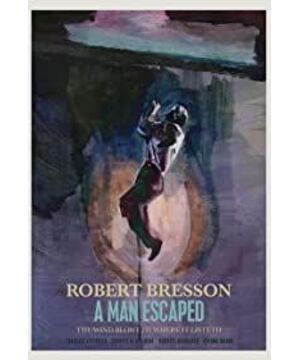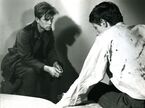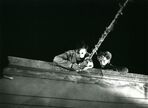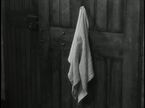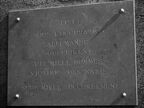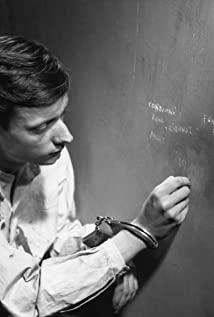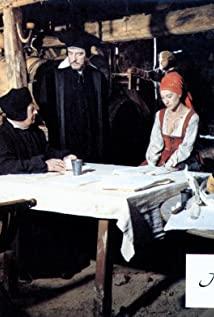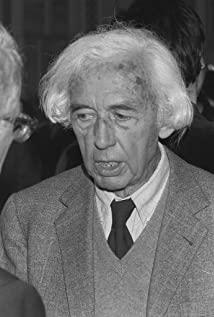· Action, performance (watching and repetition)
· Language, ritual (clearness of language, and rhythm of action)
· Will, divinity (the lens is only part of the will, and the whole body is also part of the divinity)
· The unity of internal and external speech Time (the relationship between dialogue and monologue)
· Action (prayer of action)
Bresson's rare and unconscious humor is in a movie describing death row prisoners, which does not hide his great interest in inorganic matter. Of course, the material texture he photographed is also full of the breath of God.
Raising both hands gently, palms facing up, closing, and turning down, showing the temptation of freedom, but reaching God. The moment of freedom was then replaced by cautious action. The camera returns to facial expressions because thinking is also action. Bresson is the author of the shooting action, and he is also the author who shows full respect for the source of the story. We have no way of knowing whether the person sitting next to Fontaine asked for details when the director heard Lieutenant Fontaine's account, or was a point caught by Bresson during Fontaine's account, because this is crucial to his action concept. . The first monologue in the whole movie is: "I can feel that I am being watched, and I dare not move." It is repeated many times under unsupervised circumstances, just like Bresson's method of directing the actors (he had the actors repeat the same action more than 50 times in this movie).
Action, and sound, are just like perception and thinking. One aspect of Bresson’s praise is the formal monologue and the repetition of the content of the pictures, liberating each other, so that each independent picture has a self-sufficient meaning, so that the language can be minimally distorted, so that the film clarifies its energy to reproduce reality, just like this film The first subtitle: "This is a true story, I have restored this past to the greatest extent, without whitewashing". However, there is a lot of wrestling between action and language in the movie: this tells the story of the past in the present tense, but the language still lags behind the picture. For example, when I opened the door in the cell of L107, I saw the next door for the first time. The old man only gave one sentence: "The neighbor on the left did not respond to my tapping." The camera shows suspenseful movements (Fangdan in imaginary focus, old man in close-up), but the omniscient monologue has no explanation. At this time, it was the moment of victory for the action-the language would always belong to himself, and the action of Fontaine at that time was "I stared at their faces and wanted to see what they looked like. I also stared at the wall." Language also Can only be read truthfully.
But the most outstanding part of it appears more when the language is leading. Especially before ambushing the guards, the monologue: "I have to act, but I can't. I need two hands to stop the strong beating of the heart." The extremely sensory content and the irrelevant tone let us see Fang Dan was observing himself, as if the soul and the body were trembling and separating. The actor's actions in the past have always been in harmony with each other so that we can feel a certain unity at this wonderful moment, with a certain sense of hasty ritual. The sense of ritual has always been shown in the rhythm of the language and actions used to tell the past in the present tense.
The struggle between language and movement also brings mutual independence. The independent meaning of a single shot also supports each other with the independent meaning of the action. Montage is no longer needed, and there is no need for the coherence of emotions. Even any close-up of the face is an action; every action is a complete one; only an action is equipped with a lens, because Bresson's action is the perfusion and impetus of will/divine. Bresson’s religiousness is also reflected in the film’s redemptive theme: a condemned prisoner with a tragic fate, there is nothing in a sealed (Fontain walks like a giant in a small space) and an empty space (without the imprisonment of eyes). With a pessimistic look, the only "dramatic" obstacle that prevented him from reaching salvation was that after the last two hooks were hung, he suddenly hesitated and withdrew. Throughout the reappearance of the past, he only fights with inorganic matter (German officers never see their faces, so they are not human). The only "crisis" that comes from people is in his own heart, and finally makes the language gradually firmer. And the firm action was dispelled.
Yes, even though language occupies the main theme in many fragments, the final monologue: "Time goes by a little bit, so do our opportunities." But the action gives the final answer. Just like the beginning of the film, there is no language, just the hands of Fontaine, and the end of the film also ends with action.
Said and Done
Fontaine uses language to make the actions more independent to complete their own salvation, and there is no harm in the past, only need to be firm and wait. The plain and sharp movements and language are just because of faith. This is why I think this is a "prayer of action".
View more about A Man Escaped reviews


